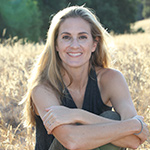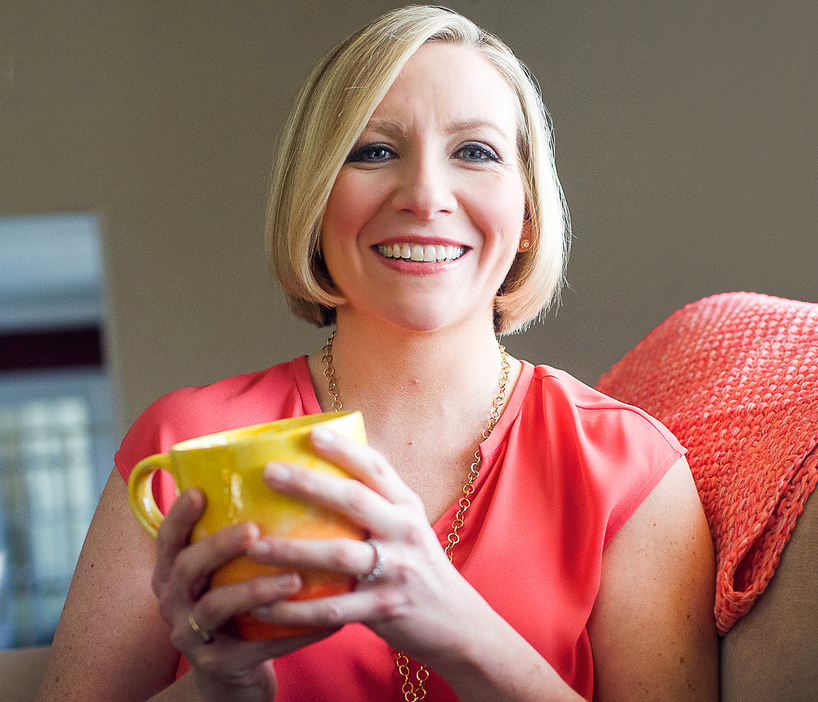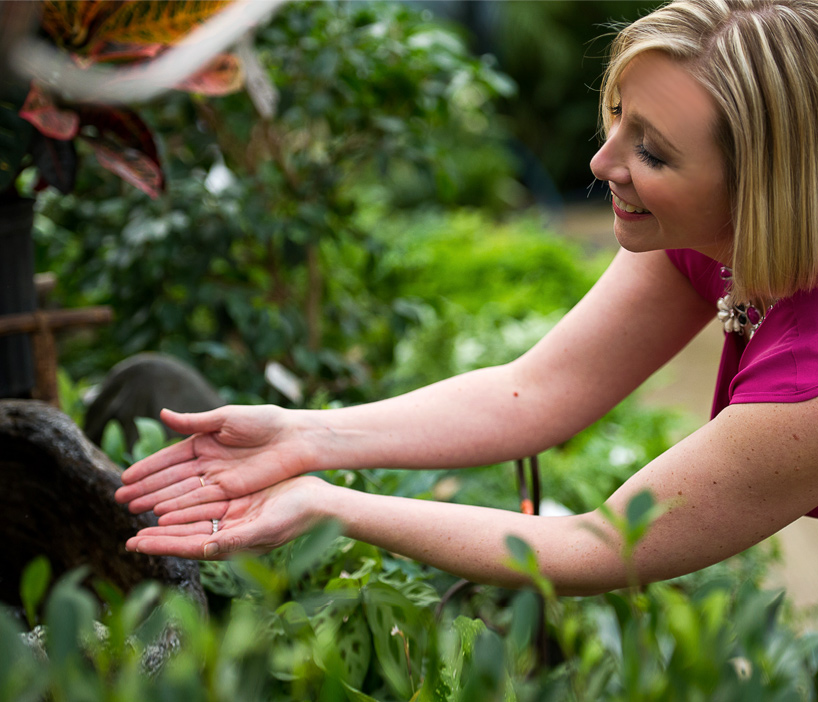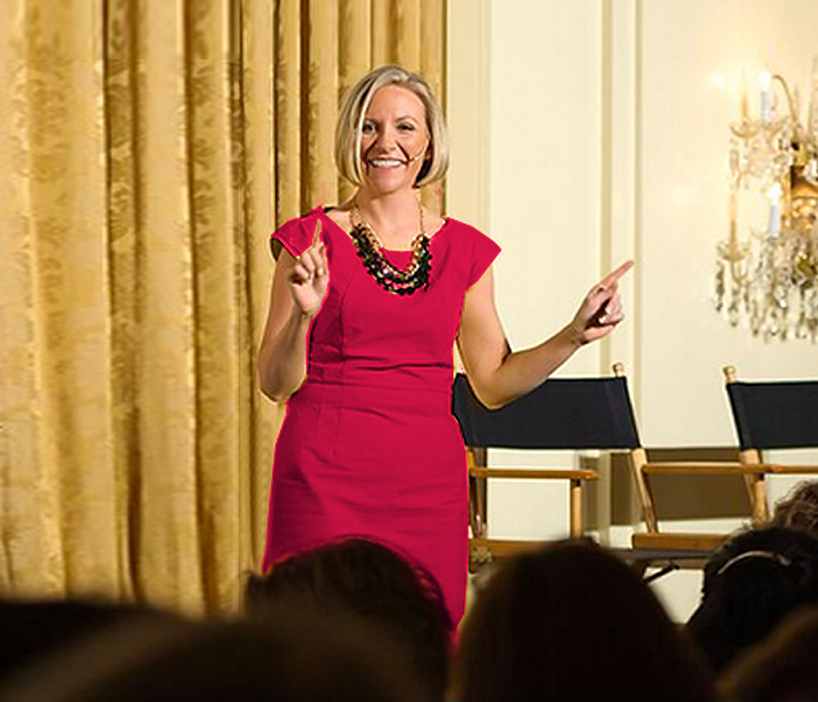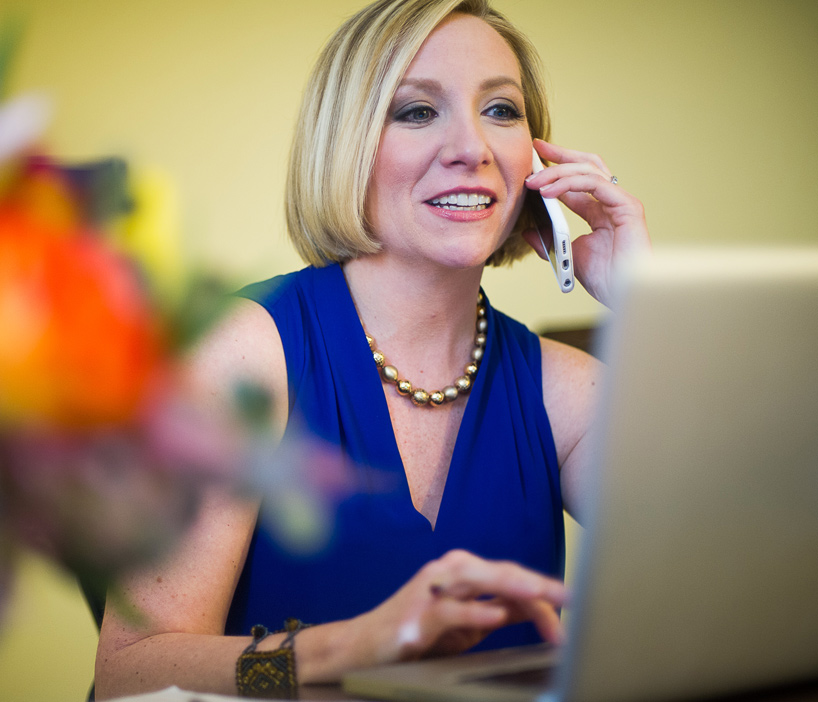You’re going to love this episode! Patty shares one of those every-day moments that we might often skip or even find annoying. Instead it brought joy and a remarkable insight.
Are you the girl in the pink coat?
Are you familiar with the me-not-me parts of you? She explains that we have every part of being-ness inside us. The parts that we resist keep us from receiving. That denial creates a block and keeps us from receiving.
Here’s what she discovered with the first Receiving School group. This concept was transformational. The part of us that we’re pushing away is usually the part that has the answer we’re looking for.
We all have a version of the girl in the pink coat. Patty outlines how to connect with that part inside us. It’s all in this podcast. You have the tools and resources you need to do this. Right now. Today.
All the parts of you are acceptable. Give the girl in the pink coat inside of you time to dance.
Transcript
Welcome to the wealth and purpose podcast where people who are led by their hearts come to learn the secrets to creating wealth in a way that feels really good and live their purpose fully in the process. I’m your host, Patty Lennon. I’m an ex type-a corporate banker, turned intuitive business coach. I’m also a wife, a mom to two pre-teens, a professor, girl scout leader in well, Hey, you get it. Like you, I wear a lot of hats, whether you’re looking for inspiration to get started or strategies to get growing. I am here to help you create abundance in every area of your life in business. Welcome.
(00:40) Hey there. Welcome to the podcast. And this episode is sponsored by The Receiving School Patty here. And today I want to tell you a story about a girl in a pink coat. This is the girl I just encountered yesterday, and it brought so many themes that have been alive for me in the last couple of weeks to life in such a powerful way that it actually reduced me to tears. So here’s how it went down. I had an appointment in the morning, and I was actually running early. I’m usually running on time, but I was running early. So even though I had gotten stuck behind a school bus, and a couple of other things, I got to my appointment, with five minutes to spare. So I was about to turn into the parking lot of the building that I was going to when I saw the school bus approaching from the other direction and had already put its lights on, which is the signal to, Hey stop, because I’m about to put my stop sign out now.
(01:43) If I was running late as they can’t tell you that I would have not tried to sneak in front of that school bus. I think the technicality is that I can when the lights are blinking, and the stop sign is not out yet, but I try and be safe, especially since I’ve got kids myself getting on those school buses. So I stopped. And the students that were waiting to get on the school bus were right there at the corner of the parking lot. This was a pretty busy road, and they were clearly diligently waiting to get on that bus. They hopped right on, and then the school bus didn’t go anywhere. I thought that was strange. And it’s sitting there another few beats, and then suddenly you see three kids running from far back behind. The parking lot of the building is a condo complex.
(02:32) So from the distance, these three kids are running like their hair is on fire. I mean, you can just see the stress in their face that they’ll probably be in trouble big time if they miss that bus, but they don’t, the bus driver waits for them. They get on. Wonderful. At this point, this is a busy road. The cars are starting to back up. So I’m really surprised now when the bus doesn’t immediately, you know, once they’re seated leave, and the bus is still sitting there and still sitting there, and I’m like, huh, I wonder what it’s doing. Um, I’m actually getting a little anxious for all the cars that are backed up, even though I’m on time and I have time to spare now I’m thinking about all these people there are probably commuting to work. They’re on their way to the highway, and you know, for all the people that are running late, they’re probably so stressed at this point.
(03:24) And so the bus isn’t going anywhere. And then out of the corner of my eye, I see this flash of pink, and I turned my head, and there is this a little girl who is heading for the bus moving very quickly, except she decides she’s going to sort of dance to the bus. She’s not running, she’s not walking, she’s moving quickly, but she’s dancing. And so she’s going from side to side in the driveway, basically making the, uh, the shape of a snake. And so she just does this all the way down, just radiating joy, radiating joy. It was just unbelievable to watch. And she gets on the bus and sits down. And then the bus driver very kindly waves me into the parking lot, probably knowing there’s so many cars behind her that there’s no way I’m getting in and they go on their merry way.
(04:22) And I was just smiling so big at having just observed this beautiful little, you know, bundle of joy, just living her life exactly as she felt she was meant to. And the next thing I know, I just start laughing. There’s this, this bubbling laughter that comes up from this joy. And then before I know it I’m crying and I can’t figure out why. And so I sit there in the parking lot, and I just slow myself down, and you know, I’m letting the tears come, but I’m breathing at the same time, and I’m tearing up just thinking about this right now, I realize that my guides are there with me and this happens sometimes even though I’m, I’m in communication with my guides. I can get into a state where I’m just not even listening to them because the way it works when you have this intuitive guidance, which by the way I think we all have access to and so this may help you understand if you don’t have access to it right now, why that is. The way we access that information. The way I access that information is almost like I have to shift the listening in my brain, and I had shifted out of that mode when I’m in a very, you know, doing action-oriented task-oriented state, I can’t access that intuitive information clearly. And I realized they were there, and they were talking to me, and they said, who do you think is having more fun? Because what had happened in the course of me watching that little girl get on the bus, and all those other people get on the bus was I was thinking that is really beautiful. But as I pulled into the parking lot, even as I was crying, I was thinking, yeah, but you know, she had so much joy, but she was holding up all those other people. And my guides were there, and they’re talking to me, and they said, but you didn’t.
(06:20) That’s not how you experienced it. You experienced it happily. She brought joy to you. And so, what was different between you and them? And you know, it was obvious to me, I had left enough time to get to my appointment so I was in a state of calm and so I could drink in what was happening there, which I have no idea if the people in the cars had done that for themselves and they, you know, are talking me through it, and they’re like, so it’s not her that disrupted anyone’s day. If they had left enough time for themselves and they weren’t saying this in a critical way, but you know, when we give ourself time and space, then we can really drink in the beauty around us. We can drink in the joy, but if we don’t give ourselves that time and space, then we can see things as burdens.
(07:14) And in fact, had I been running late, well, if I had been running late, I probably would have ended up way back in the traffic. But let’s just say the exact same thing happened, but it was two minutes or three minutes past my appointment time. I probably couldn’t have drink in the beauty that was this little girl. And so there I was sitting in this parking lot, having a very deep and profound conversation with myself and my guides and I started to see that so often, so many of us set ourselves up to be one of those first two groups of children. We are either organized and on top of everything, and we are standing there, and we’re following the rules, and we’re, we’re on time, and we’re being responsible, and we’re being respectful. And there’s nothing wrong with that. There’s a time and a place for that.
(08:02) Most likely, if you, if you live the life, I used to live, my life doesn’t work like this anymore. But it definitely used to, you’re running through with your hair on fire, hoping to God you, make whatever the proverbial bus is. But very rarely are we the girl in the pink coat. And one of the themes that’s been alive for me since I started teaching Receiving School and we continue to talk about it, is the idea of me, not me. And what this means is that there’s, there’s parts of who we are, there’s parts of our identify our identity that we own that we’re like, yes, this is us, but then there’s other parts of us, that we reject that? We say that’s not me. And you know, if you were responsible, you might’ve looked at those kids, and you know, running with their hair on fire and if you have kids, you would say, Oh, those wouldn’t be my kids.
(09:05) Or that’s not me as a parent. Like I would never have let that happen. Or you might have seen those kids standing, you know, by the bus stop already to go. The mom had them there and thought, you know, God, I’m always running with my hair on fire. That’s not me. I’m never that organized one. And probably wouldn’t even know courage you to say, you know, do you even think consciously about that little girl? But I think a lot of us when we get to be adults just don’t see ourselves that way, that part of us. But the reality is all three of those groups of children, the ones waiting on time by the bus having done what they needed to do, the ones running with their hair on fire, scared to death that they’re going to miss the bus. And this little girl in the pink coat, we’ve got all of those inside of us.
(09:56) We have every part of beingness is inside of us, and some plays a bigger role, and some, you know, plays a lesser role. But the parts of us that we resist, the parts of us that we say are not us. That rejection and that resistance is the biggest impediment that we all experienced to us having the lives we want. Because at any moment in time, we have access to all these parts of us that can solve problems, can create solutions, can see visions in ways that we can’t for ourselves. In the, in the operating system that we have running in a day to day basis. Meaning if you’re constantly being the rule follower and you’re showing up, and you’re being respectful, you’re doing all the right things, but you’re squeezing out all the joy. Well, if you find yourself where you’ve done all the right things and suddenly you’re just not happy trying to use that part of yourself, that rule follower, that respectful part to try and figure out how to become happy, it’s going to be really difficult.
(11:05) You’re going to have to find the girl in the pink jacket inside yourself to find your joy, to find your happiness. And as much as you think it’s not you, it is you because you wouldn’t have the desire for happiness if it wasn’t you and your girl in the pink coat might look like something completely different. She might look like a rebellious teenager, you know, he might look like a rock star, you know, could look like a lot of things. But that part of us that is dying to have a say in our lives, but then we just keep shoving away and shoving away. And um, when we were doing the receiving school live, which right now it’s not going on live and when this podcast drops, they’ll be live again later in early spring. We found with everyone in the community, that was the biggest game-changer.
(11:55) We starting to notice where the parts of each, as you know, of themselves, of each participant and started to know is where am I pushing a part of me away and how can I bring that back in? Because almost always the part of us that we are pushing away the hardest is the part of us that has the answer we’re looking for. And so this works in a lot of different ways. I mean, the girl in the pink coat really, she represents just that carefree joy, right? That being carefree. And so if that’s the feeling you’re looking for, she’s the piece of the puzzle that can help you there, but it can also be on anything. It can be on like money, you know? Maybe you’re, you feel like your money’s out of control or maybe you feel like you don’t have enough money, or maybe it’s love, or maybe it’s support.
(12:48) Usually, it’s some version of lack. Well, when we experience lack, it’s simply because the piece of us that has the answer to how to create it is being rejected right now, and most of the time it’s being rejected because at some point in your life you were told that that’s not okay or more likely your family said, that’s not us. That’s not you. And you grew up saying, that’s just not me, or that’s not us. And the more you said it, the more you pushed that part of you away. Oh, here’s the really amazing thing is you don’t need a huge trick. You don’t need a huge tool kit to start inviting those parts of you back in. If you can just go quiet, breathe, start to connect with yourself. And as you consider a particular challenge you have, ask yourself, where is a part of me looking to have a say and just feel into, is there a part of you, can you feel it in your body or can you feel it in your mind?
(14:03) Can you feel it as an inkling or an or a nudge? What do you feel like doing so often when I’m working with clients, whether they’re in the receiving school or you know, privately, one of the big things I see for a lot of adults, especially, you know my, most of my clients are adult women in middle ages who have financial responsibilities, they have caretaking responsibilities, and they have this deep desire for personal development and personal and spiritual development. So they’re, you know, they’re reading books, or they’re taking courses and then they’re taking care of their people and then they’re worrying about making sure the money’s coming in. And a lot of times those responsibilities can sort of fight with each other. And certainly, the thing that gets lost is, you know, joy and pleasure and fun. And so often I hear, I don’t even know what makes me happy anymore.
(14:58) I don’t know what I like to do for fun. And that is really just a symptom of your girl in the pink coat having become a, not me of not listening to her. And as we dive in, oftentimes when I say, well, what do you feel like doing? And so I’m telling you this right now, if you have that symptom, what do you feel like doing? And this actually works for everything. You know, even if you’re talking about money or support or love, you know, all the things we crave that, you know, we hope will make us happier. I ask you right now, what do you feel like doing? And so often the answer is I just feel like staying on the couch and watching Netflix, or I feel like running away from home. Uh, I feel like just taking a nap, honestly, when I do live big audience presentations, and I say, what do you feel like doing right now?
(15:55) Like, tell me right now, 80% of the audience just wants to take a nap. Cause most of us are tired. Most of us are exhausted where we are, whether we think this is us or not, we are the kids running for the bus with our hair on fire, crazed, frenzied, look on our face hoping to God the bus doesn’t leave without us. That living like that is exhausting, right? And when you have all these priorities, not just the ones you dictate for yourself, but you’re so responsive to so many other people, that’s how life can become. And so you know, when I say, what do you feel like doing? If you feel like doing something that looks “lazy” or like goofing off, then it’s likely that you reject even that answer because you’re not lazy. That’s what you’re telling yourself. You’re not going to goof off.
(16:51) You’re not the person that does that. But here’s the thing. Lazy and goofing off is, are words that you were told when you were younger. You’re not lazy. I mean if you need a day on the couch, I promise you if you’re an adult who actually cares about growing, expanding, which I imagine you do if you’re spending your time listening to podcasts like this, you’re not lazy, and if your inner being is telling you, I just want to lay on the couch for a day that is coming from a pure, clean, healthy place and that is coming from the voice of the part of you that you have made, not me, and bringing her in or bringing him into the mix is the answer to starting to see your life grow and expand and evolve in the ways you most desire. It really is. Beyond that, it really has this ripple effect that is the answer.
(17:55) I think so many of us are looking for in a social environment. By social, I mean the the environment of dialogue that’s happening in society right now, at least in the States. What I’ve observed is this is happening in, you know, in Europe and in Australia. So these are places where I have clients, and it seems like these all have similar situations going on where there’s this polarization of conversation where we can no longer have differing ideas and be on the same team anymore. I’ll speak specifically to the States because that’s where I am. I can tell you in our country it is; it has gotten crazy. I may, especially around politics and political ideals, and you know any type of policy that’s enacting, enacted. We have gotten to a point in our social conversation where if you don’t agree with me, you can no longer be a part of my world.
(19:01) If you are not with me, you are against me. That’s crazy. And that actually is a symptom of the very thing I’m talking about, about the, not me. Because what that me not me does inside ourselves is it polarizes parts of ourselves. It says some of what I am is acceptable, and some of what I am is not acceptable, and I am going to shove it out of here, and I am going to be purely the thing I think is acceptable. And, yet, and if we start to understand that all parts of us are acceptable, then we can let them have room to move. It doesn’t mean that your inner child, your inner girl with a pink coat is going to rule your entire day, your entire life. I mean, as much as I loved looking at that little girl, I certainly wouldn’t want her I, the appointment I had was to go to the dentist.
(19:59) I definitely wouldn’t have wanted her doing my check-up. Right. There’s room for all of the people that were getting on the bus. You know, there’s room for us to be the systems person, the rule followers, the understanding there’s room for us to at time lovingly, accept that we’re running through life with our hair on fire. And there’s room for the girl with the pink coat and lots of other flavors. And so when someone has different ideas than us, we can say, you know what, there’s, you know, I see your idea, and it doesn’t work in my life, but it doesn’t mean you’re bad. It doesn’t mean I have to reject you as a person. Right? We can make room for the gray areas. We can understand that just because I don’t agree with a policy, you agree with. I don’t agree with a candidate you agree with I see so much that I love that I can invite all of you in without having your policy or your politician be mine.
(20:58) And we’ve lost that and the more we reject parts of ourselves, the more we reject other people, and it’s just how it works because we are the microcosm of the world. We really are. You know, when they say be the change you want to see in the world, this is how it happens. Loving yourself, receiving yourself, accepting yourself, all of that is how the change in the world you want to see starts to happen. And so if you’ve looked outside and seen, as such animosity and wondered what, you know, what is the answer? The answer is secure. The animosity within yourself. That’s where you start. And then it pours out from there. And I’ve been doing this, this work on myself for a really long time. And so it comes pretty naturally to me. I mean there’s always going to be a part of myself
(21:49) I reject. For instance, the reason I ended up in tears looking at this little girl is that because last year, I spent so much time giving myself a lot of freedom and grace because my dad had died in March. Uh, when January came, I kept like, Oh, is this going to be the week where I can start working? Like I couldn’t feel the impulse, and I shared this on the podcast, and then all of a sudden, the full moon came, and I felt a little relief. And so for the last couple of weeks, all of a sudden, I went from having inspiration to plan and strategize to being hyper planning and hyper strategizing, and that is no good. And I had all of the sudden I was only those kids standing at the bus stop. I was only the structure person, only the rule follower. And I had squeezed out the little girl in the pink coat inside me.
(22:41) And that’s why seeing her had brought me to tears because I realized somehow, even though I thought I was giving myself so much grace last year, there was a part of me that said, when you’re done, you’re going to pay. Like we’re going to have to make up for this rather than this just be a continuum of the grieving process, which it is. It’s not even a year yet. And there’s so much more to that, to it than that. It’s not just, you know, the grieving process of my father, it’s becoming a different person. Right now, I’m writing a book, and we’re in a writing sprint. So on day 17, when I’m recording this, I have written 32,000 words in 17 days. There’s a lot pouring out of me a lot. And I’m not honoring that. You know, I’m not taking time to give the girl in the pink coat inside of me a little space to dance.
(23:39) And so I’m making those adjustments. And when we start to make those adjustments inside of ourself, then we can extend that grace to others. And that’s what starts to create the ripple effect. And I just want to talk about one more thing on how this plays out. Because if you have kids or you’re involved in kid’s life, I think this is one of the biggest places where we, you know, time matters. Like fixing this inside ourselves really matters for our kids. And I don’t think that what I’m about to share as new to 2020 or 2019 I think this has been going on since, you know, I grew up, and probably every other kid grew up, but I was with a mom the other day, and she had a situation with her son where her son was another kid who had done something pretty cruel to her son, but they’re teenagers and you know, she understood that.
(24:35) And so she reached out to the mom to say, well, here’s what your son did and can you help correct this situation? And the mom just shut her down and said, my son doesn’t do things like that and she couldn’t, she couldn’t hear it. And that’s one place where this can really manifest itself is where we don’t see our kids for who they really are. And that means they don’t get the support and the guidance they really need, and the converse is when we say, that’s not my kid, we have a really hard time giving grace to other children. When we believe that our kid is only a certain way, he’s good, she’s good, you know, and that somehow if they do something bad, then they’re bad. Then we start to see other kids in that polarized way, and we put kids into the category of good kids and bad kids, and there are no good kids and bad kids.
(25:31) They’re just kids. They are kids. My son came home from school month ago; I guess maybe a little bit more, I guess it was after the holiday, so less. Anyway, I had gotten alert, he has a debit card on an online purchase, and I said, what were you buying online? And he was like, I didn’t buy anything online. I’m like, you did? And we looked at it. It was a PS4 gift card. And believe me, I don’t put it past my son to be using our money to buy himself some secret PS4 money if he thought he could get away with it. Cause I know my kid, and I love him for every piece of himself and all of sudden. He just got this look on his face. It’s the kind of look that makes your heart drop as a mom. And he goes, Oh. He was like, I know who did it.
(26:23) And he went on to tell me a story that in class he had gone to the bathroom, he had left his phone behind, and when he came back, and he was about to go leave the classroom, another kid in the class said, Hey, I left just something under your notebook. And he lifted up his notebook and his debit card was there, and he thought the kid was just messing around with him. He didn’t think anything of it. He never thought in a million years that the other kid would have used his debit card and purchased something, and it wasn’t a large amount of money. And, and we dealt with it from a security standpoint and had the card reissued, but my son was hurt because he felt like, you know, someone that he trusted had violated his trust. Rightfully so. And of course, when you’re a mom, and you see your kid hurting, it’s hard not to jump into mama bear energy, but because I do know firmly that all kids are good kids, that’s always the filter I’m seeing things through.
(27:25) And by the way, that’s made my life as a mother a lot easier. It’s taken me a really long time to get here, by the way, but it makes my life a lot easier when nothing your kid does makes them a bad kid. It gives you a lot more mental resources to deal with whatever’s happening. It doesn’t mean the behavior is not bad. There are behaviors that are bad for sure, and stealing someone’s debit card and purchasing something online is not a good behavior, but it doesn’t make the kid bad. And so I contacted the school just so I could let them know, you know what had happened. I told them, we dealt with it from our side of it and, and the principal, the vice-principal said, well, what would you like the school, what is the family meaning our family, what would your family like to see happen?
(28:13) And I thought that was such an interesting question indicative of so much meaning. Obviously, they have to worry about like managing parents and how what they want to happen, and all this stuff. And to me, I had already conveyed that We dealt with it from the standpoint of, you know, the the debit card was replaced, the money was returned, you know, to the card because it was marked as a fraud. But to me, it was more of what does our community want from this? And to me, what I would want as being part of the community that my, my son’s in and that this child is in, is for this child to have the information he needs and the help he needs. And what I mean by that is if this kid did this once and this was all it was, and it was just a stupid prank, he just needs information.
(29:14) He needs to understand that when you do things online like this, you know that you start to involve higher levels of authority, that if you do this outside of the school, you know that there’s bigger ramifications of it. Just give them information, tell them, make better choices. But if this is the, let’s say the second or the third or more times that he’s done this, to me it’s a cry for help. It means something he’s trying to fix inside himself by either hurting others or by stealing or something. And then he just needs help. And I shared that, you know, I shared the family doesn’t need anything, but as a community, here’s, you know what I would hope happens. And, and she was surprised, and she told me that, well usually families want something else and we don’t have to go into what that is.
(30:12) But that really made me sad because I live in a smaller town. It’s not a tiny town, but it’s small enough. We only have one high school. I mean, why are we not in this together? Why would we not want the best for another parent’s child the way we would want for our own? And that really concerns me, and I see it in my specific community. I see it over and over again. This idea that my child’s good and anything, but that’s not my child. And the thing is all our children are all our children. Yes, we have primary responsibility for the children we’re raising. We are, you know, the vine has made us stewards of those particular children, but we are a village, and we are raising the next generation and to want something less for another child or just see another child is less than our own.
(31:10) I think that is just an extension of what I started off within the beginning, where we see parts of ourselves as less than other parts of ourselves, and rejecting parts of ourselves leads us to reject other humans. And for us all to invite each other back into the circle. We have to first invite all the parts of ourselves back into the circle. That is us. That is me that we define as me. So all those parts we said are not me. Have to be invited back into the this is me. Because from that wholeness, that’s when we can start to extend that love in that very easy way. That really does create a transformation. Because imagine what would change if people stopped feeling alone. If people stop feeling rejected, if people stop feeling bad, I mean, I can tell you, we don’t have to go into the brain science, we don’t have to go into the psychology. But when someone feels loved, seen, respected, they make better choices. So my wish for you is that is that you feel loved, that you feel seen
(32:19) and that you are very much respected. Have an amazing day.
Hey, thanks for listening. And if you know someone who needs to hear this message, please share this podcast with them. And if you’re feeling really generous, I’d love for you to leave us a review on your favorite podcast app. It helps us reach many more people. And it fills my heart with so much joy when I hear what you had to say about what you heard; I am cheering for your success have been amazing day.
Thanks for being here and reading my message. I want you to stay connected with me so that I can share all future communications with you.
Please enter your name and email below to join my community.
Success! Thank you for joining. You'll receive a confirmation in a while.



